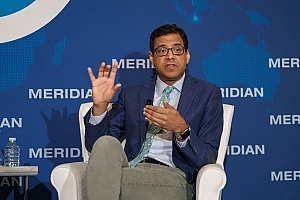The Pulse of Global Health: Insights from Dr. Atul Gawande, USAID
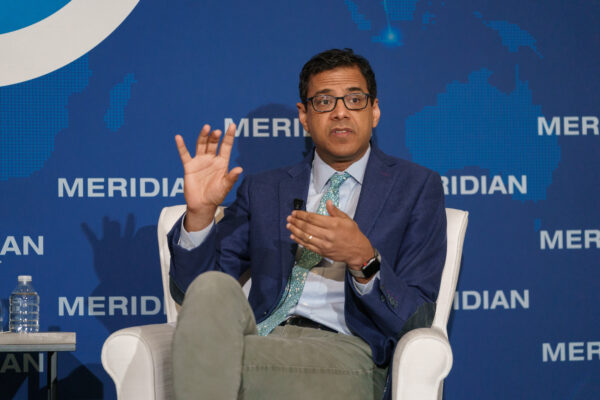
In response to the COVID-19 pandemic, the U.S. Agency for International Development (USAID) drew on its 50+ years of global health leadership to protect those most vulnerable to the pandemic and work together with its allies to overcome the many international challenges that arose as a result of the pandemic. Now, as the world adapts to its new reality, how does USAID plan to lead low- and middle-income countries into pandemic recovery?
Assistant Administrator for Global Health, Dr. Atul Gawande, sat with Devex President and Editor-in-Chief Raj Kumar for an engaging conversation on USAID’s new health policy efforts in the wake of the COVID-19 pandemic and the Agency’s notable emphasis on developing strong, resilient, and accessible primary health care options. The discussion offered foreign ambassadors, public and private sector leaders, and global health experts insight into the government’s renewed focus on global health security and spoke to how foreign governments can work alongside USAID to minimize the scale of future pandemic outbreaks.
Here are some top takeaways from the program:
1. Removing Morbidity from the Equation
Although the number of Covid-related deaths worldwide have decreased significantly, the pandemic’s daily death toll continues to be a serious challenge for USAID. As Dr. Gawande explained, “Our goal then, and it remains our goal now, is to make COVID-19 into a manageable endemic respiratory illness.” To achieve this, the Agency is helping countries integrate their COVID-19 response into their primary care systems by training health care workers and providing essential medical supplies to health facilities. This approach aims to give countries the capacity to protect their most vulnerable communities while also improving their populations’ health prospects.
2. Recovering Losses: The Aftermath of the Pandemic Emergency
Up until the COVID-19 pandemic hit, the world was making steady progress towards its global health goals. Global life expectancy had increased 4.6% in 2019, malaria mortality rates had more than halved, and premature noncommunicable diseases mortality had dropped 20%. However, the pandemic’s impact on healthcare systems around the world halted, and in some cases even reversed, much of the progress made. To begin recovering from this setback, the Biden administration is reintroducing the Global Health Worker Initiative, which aims to strengthen global responses to public health crises and improve populations’ health prospects by supporting those critical to post-pandemic recovery. If approved, this initiative will help countries expand and build a sustainable health workforce and protect and inform health workers in order to ensure a faster recovery.
3. Juggling Countries’ Shifting Priorities
While the COVID-19 response continues to be a top priority for USAID, Dr. Gawande acknowledged that most countries no longer regard it as such – “COVID is last on the list of what we discuss nowadays.” Emerging public health emergencies, many of which were exacerbated by the COVID-19 crisis, are taking precedence. One particularly troubling example is the global cholera crisis, which has already affected over 24 countries and is expected to affect many more if governments fail to respond appropriately. This rise in public health emergencies suggests a need for strong healthcare systems that can not only respond to emergencies, but actively prevent them, as well. As a result, USAID is working with countries to build out their healthcare capacity, while also helping them address the emergencies at hand.
4. Helping Build from Within
“You can invest in individual diseases or in outbreak management and really create impact but every one of those programs leans on a foundation of primary care workers.” In discussing USAID’s approach to investing in global health, Dr. Gawande emphasized the Agency’s focus on inclusive development and capacity building. Rather than rely on third-party actors to identify populations’ needs and provide essential services, the Agency is engaging local communities to have them devise and lead their own development. By doing so, the Agency enables communities to build out their local capacity for addressing health challenges in their communities in an efficient and sustainable manner.
5. Global Health and Diplomacy: A Necessary Partnership
Throughout the pandemic, public health experts from around the world stressed the importance of countries working together to overcome the crisis with minimal loss. Governments largely chose to act on their own. Now, three years have passed, and countries are still dealing with the repercussions of the extended pandemic. To avoid committing the same mistake, the Biden administration is contemplating a new global health security initiative within the State Department to help streamline pandemic outbreak responses across countries. As Dr. Gawande observed, this may be a positive action considering how the State Department holds an “absolutely critical role” in providing the “diplomatic capacity to be faster, more nimble and more organized” in addressing global health emergencies.
This program was made possible through the support of:
![]()
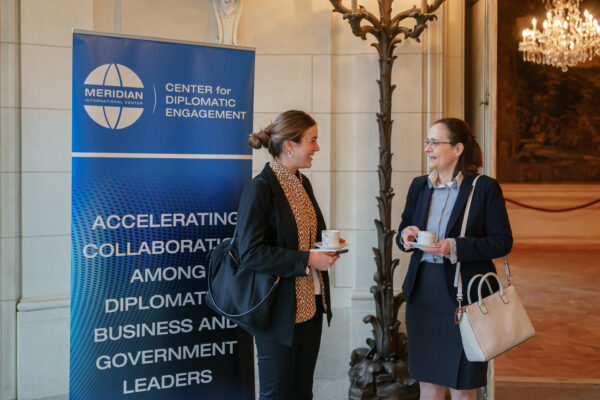

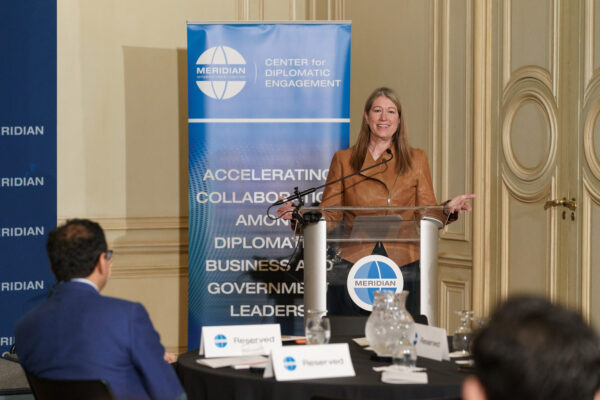
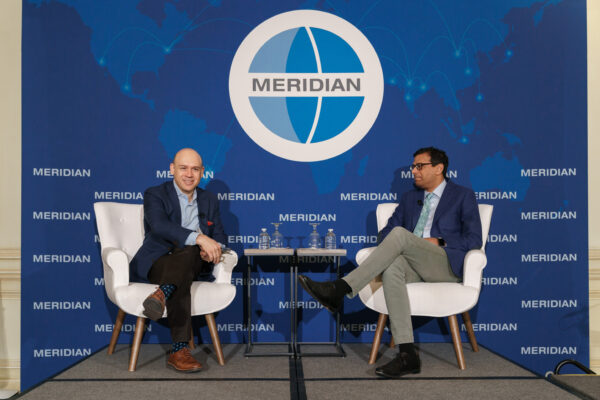
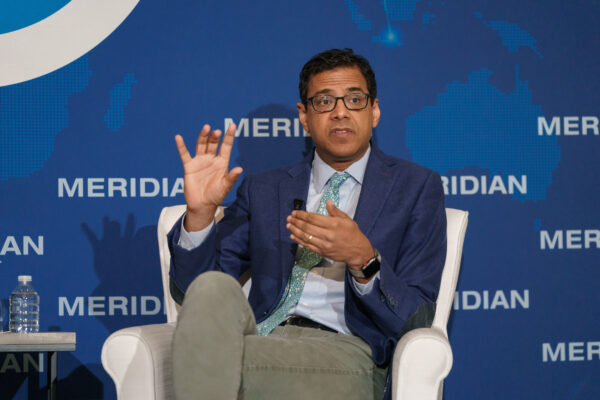
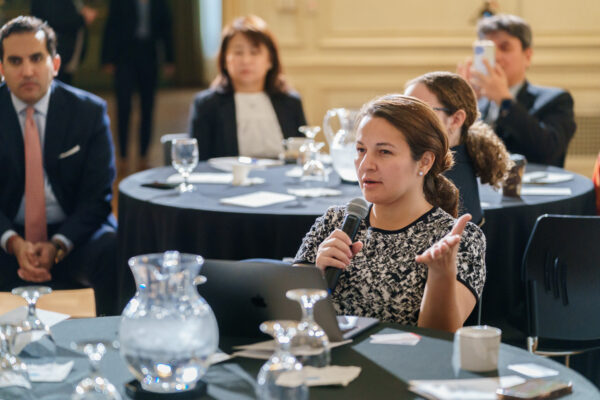
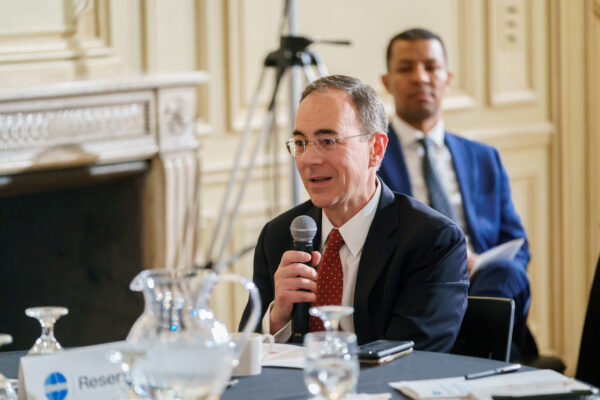
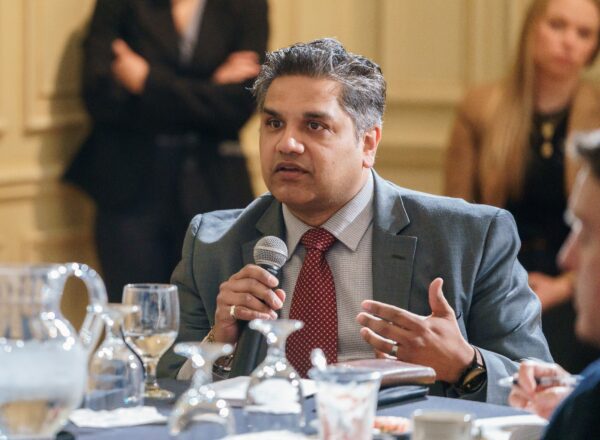
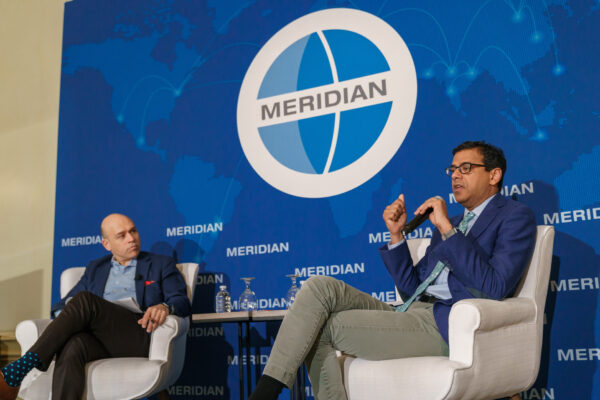

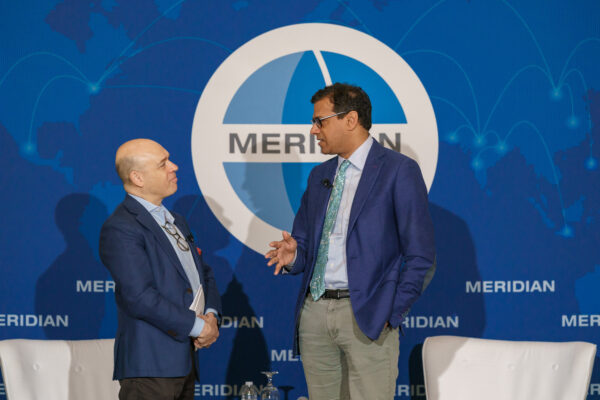
Project summary
| The Pulse of Global Health: Insights from Dr. Atul Gawande, USAID | March 2023 | |
|---|---|
| Regions: | Africa, East Asia and Pacific, Near East and North Africa, Europe and Eurasia, Western Hemisphere, South and Central Asia |
| Impact Areas: | Global Health |
| Program Areas: | Diplomatic Engagement |
| Partners: | Diplomatic Corps, Private Sector, Public Sector |
